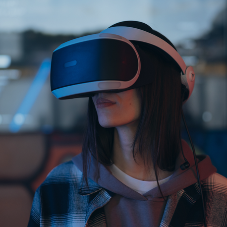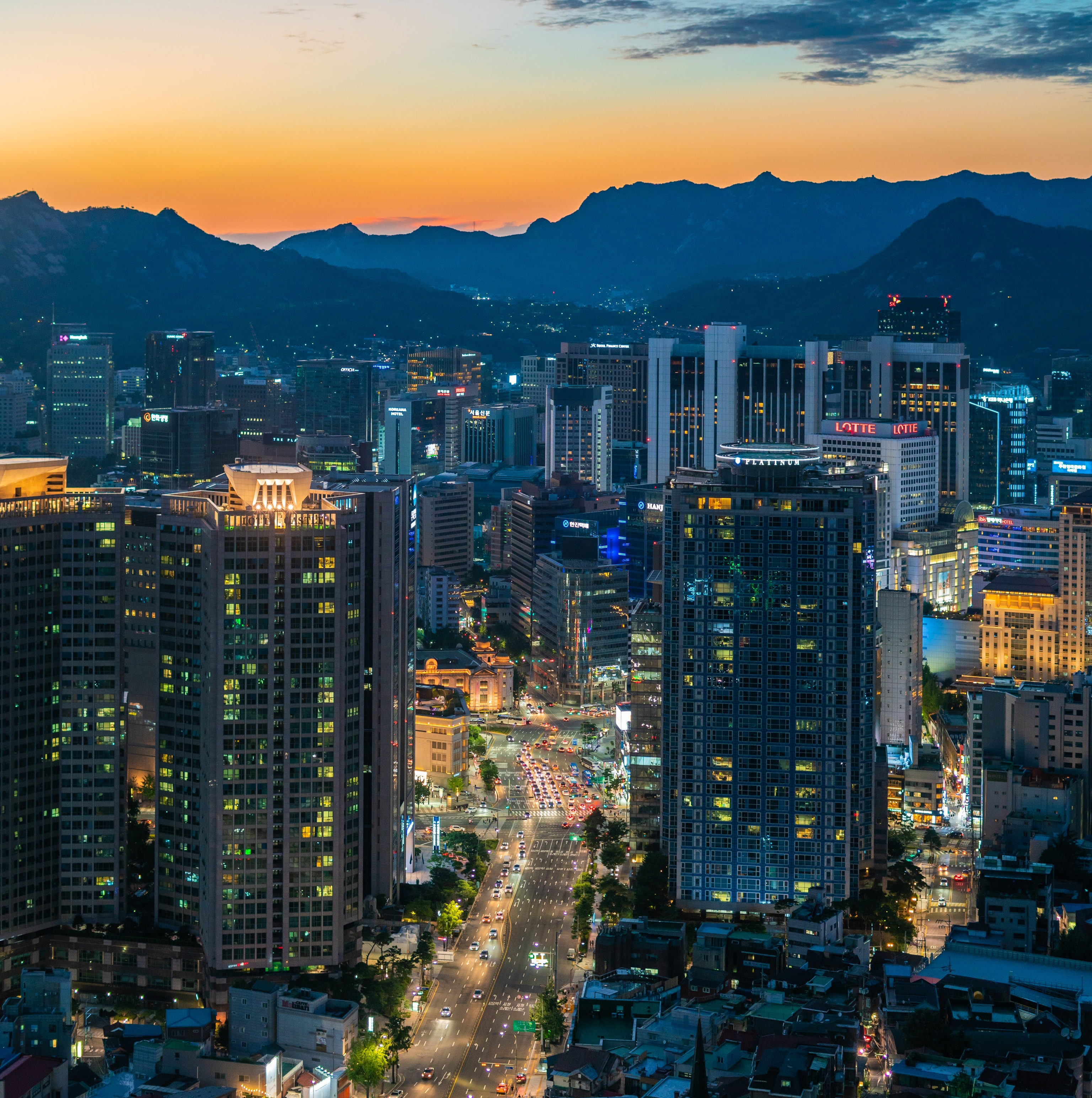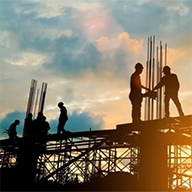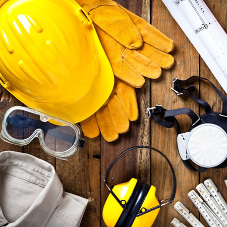First it was steam and water, then mass production and electricity, then computers. Now we stand on the brink of what many term the fourth industrial revolution, or industry 4.0. This new wave of technology is characterised by a fusion of technologies that is blurring the lines between the physical, digital, and biological spheres – into a vast connected system of complex and dynamic interaction: from a room, to a building, a street, to a city, country and ultimately globally.
But what impact will this have on construction and the built environment? Well firstly, let’s try and broadly define what the fourth industrial revolution actually is. It is the idea of smart factories in which machines are augmented with web connectivity and connected to a system that can visualize the entire production chain and make decisions on its own. So interconnectivity is at the forefront and consequently, the possibilities created by billions of people connected by mobile devices, with unprecedented processing power, storage capacity, and access to knowledge, are infinite.
So how does this mind blowing concept apply to the construction world? The impact of the fourth industrial revolution on the operation of this industry will be both disruptive and profound. As ever when new technologies emerge, new jobs and businesses are created, and it is very likely new design professionals and organisations will emerge – enhancing and empowering buildings and infrastructure as integral elements of a holistic connected system.
All these new technologies will have a direct impact on our buildings and infrastructure. What we know today as smart buildings and smart cities in the third industrial revolution will become the autonomous building and intelligent city in the fourth. However, a word of caution. It is very easy to get carried away with thoughts of technologies combining the physical and digital world, making our lives easier, businesses more efficient and potentially changing the world. All that is great, but if Governments don’t regulate these technologies properly, the security risk is high, with personal information potentially being easier than ever to access.
So we stand on the precipice of a potential technological revolution that will fundamentally alter the way we live, work, and relate to one another. It is impossible to know how it will unfold but one thing is for sure: hold tight, it’s coming.
How do you think the 4th industrial revolution will shape our future? Let us know in our LinkedIn post!















